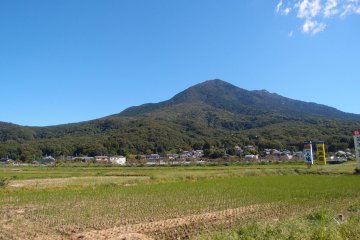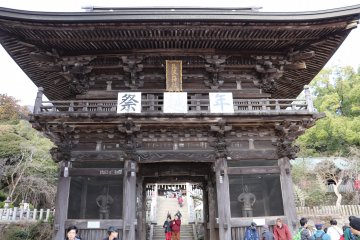Ibaraki Flower Park was opened in 1985, and spans an area of around 30 hectares. The park is home to a wide array of different blooms throughout the year, but it's most well known for its roses. Approximately 30,000 roses grow here in around 900 different species, making it one of the largest rose displays in the region.
It's not just roses that visitors can appreciate here, though. The park's flowering calendar can be found on their website, and there is truly something to enjoy in every season. From sunflowers and golden-rayed lilies in summer, to dahlia and osmanthus in autumn, and even nanohana and camellias during winter, there's plenty of color all throughout the year.

If you work up an appetite after exploring the park grounds, the Rose Farm House is an on-site restaurant that serves up dishes utilizing locally-sourced produce. There is also the Rose Farm Market, where visitors can purchase souvenirs like rose-scented cosmetics, postcards containing pressed flowers, and even rose-flavored sweets!
Do note that the entrance fee to the park differs depending on the time of year you visit – there are two main rates, the standard rate and the rate for when the roses are in bloom. Standard adult admission is priced at ¥ 900, but during rose season that increases to ¥ 1200.









